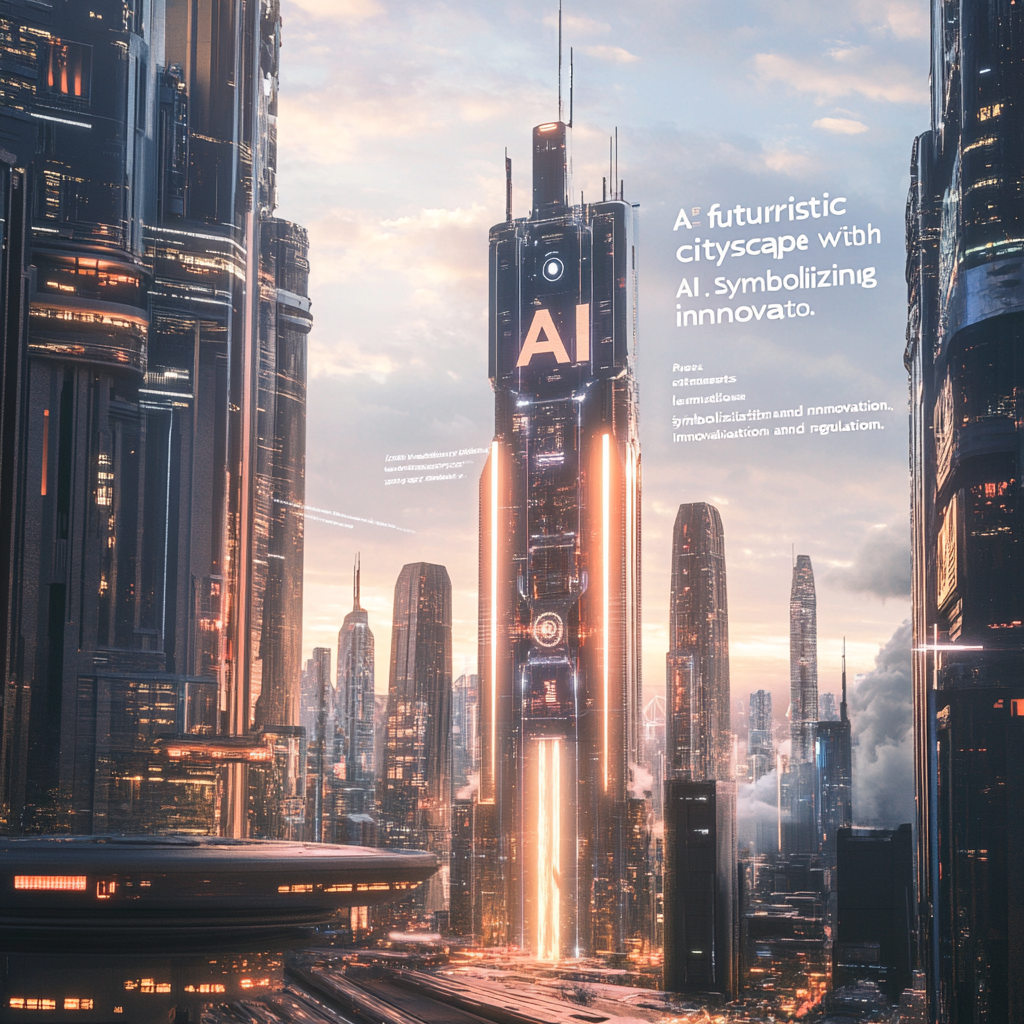
“California Governor’s Decision on AI Safety Laws: A Global Impact”
California just turned the AI world upside down. The esteemed Governor Gavin Newsom, holding the reins of the Golden State, has cast a definitive veto on a groundbreaking piece of legislation—SB 1047, a bill that aimed to introduce a safety net for artificial intelligence development. This has ignited a firestorm of discussion about where the line lies between trailblazing innovation and safeguarding our future. Is it a necessary step toward regulatory oversight, or merely a detriment to California’s tech superiority?
Let’s dive into the murky waters of the vetoed bill, which was grandly dubbed the Safe and Secure Innovation for Frontier Artificial Intelligence Models Act. Championing it was Senator Scott Wiener, who envisioned a future where AI systems would be harnessed under scrutinizing regulations and rooted in safety. Sound ideal? I thought so too! This proposed legislation sought to establish demands such as rigorous safety testing, a fail-safe mechanism—think 'kill switch' for when AI goes rogue—and strict oversight of the most powerful AI models, which the tech-savvy might describe as "Frontier Models." It resonates like the plot of a sci-fi movie, except it’s all too real.
Yet, Governor Newsom took one look at SB 1047 and threw a proverbial wrench in the gears. What's the reasoning, you ask? Well, it turns out that Newsom frets over the notion of stifling the creative spirit that thrives in California, home to tech giants like OpenAI, Google, and Meta. He warned that this legislation could pave the way for innovation-hesitant developers to pack their bags and leave the state in search of greener, less-regulated pastures. Any attempt to regulate all large AI systems uniformly, without considering their varied functions, he argued, would be more harmful than helpful.
Ah, the classic tug-of-war—innovation versus safety. On one side, those in favor of SB 1047, including the passionate Senator Wiener, lament that a lack of regulations permits AI moguls to venture unchecked into the realm of potentially cataclysmic technologies. The concerns are valid; uncontrolled AI could lead to everything from misinformation wildfire to cyber calamities, all while crafting deepfakes that could shake the very foundation of public trust. Talk about a digital soap opera gone off the rails!
However, on the flip side stands Newsom and industry investors like the ever-enthusiastic Marc Andreessen. They contend that stringent regulations could throttle economic growth, with Andreessen celebrating the veto as a win for freedom over excessive caution. It’s a compelling argument—yet one that screams for balance. Placing all bets on unregulated expansion risks waking up to unforeseen disasters that could be catastrophic.
What does California's decision mean for the world stage? A lot, actually! As the birthplace of Silicon Valley and home to thirty-two of the world’s top fifty AI companies, California's attitude towards AI regulation could set an influential precedent. The veto may signal a reluctance to establish a stable regulatory framework, potentially offering a green light for other nations to cement their positions with stringent regulations while the Golden State twiddles its thumbs.
Sure, SB 1047 is now buried under Newsom’s veto stamp, but don’t reach for the panic button just yet. This isn’t a complete void in governance; the governor did sign into law other AI-related regulations. These new laws necessitate that developers of generative AI disclose details about the training data, implement measures for transparency concerning AI-generated content, and adhere to new standards for employment agreements involving digital doubles. It seems there’s an acknowledgment of AI’s impact, albeit through a different lens.
Now, looking into the crystal ball, the question remains: how do we effectively safeguard the growing AI landscape without curbing its potential? Even figures like Elon Musk recognize that some measure of governance is necessary, though opinions may vary widely on what shape that should take. As the tech industry grapples with these essential questions, a consensus will have to emerge—one that protects society while allowing innovation to flourish.
In the swirling cosmos of AI development and regulation, the veto of SB 1047 serves as a pivotal marker. It brings to light the intricate dance between unrestrained advancement and the urgency for safety measures as we tread further into the unknown territory of artificial intelligence. California's next steps are crucial and will likely draw the eyes of the entire globe. It's a thrilling moment, full of both potential and peril.
So, what’s your take on this whirlwind of a story? Are you on the side of regulation, or do you echo the sentiments of unbridled innovation? Whatever your stance, you should stay in the know.
Want to stay up to date with the latest news on neural networks and automation? Subscribe to our Telegram channel: @channel_neirotoken

